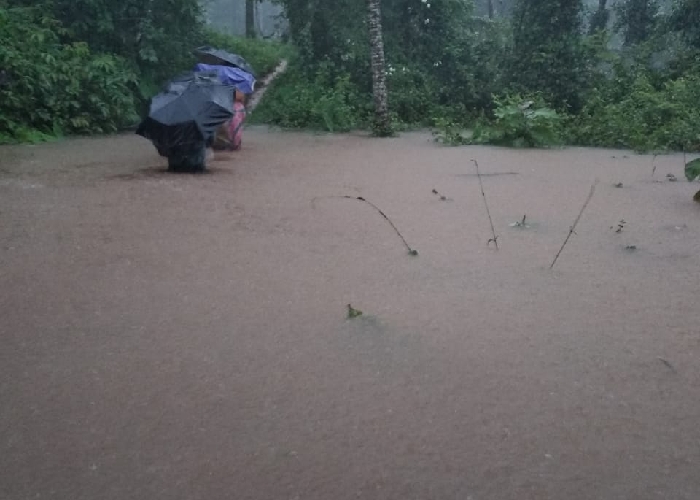Ahmedabad, MAY 14: The Gujarat police arrested 366 farmers for staging a violent protest in Surka village of Bhavnagar district against land acquisition by state-owned lignite mining firm, Gujarat Power Corporation Limited (GPCL).
On Sunday night, over 2,500 farmers, including women and children, gathered at the site and opposed mining by GPCL, despite the imposition of Section 144 that restricts gathering of more than four persons. The farmers took out a rally to the site and later entered into an altercation with the police. The police, in turn, used about 60 tear gas shells.
"We have been agitating against this project for over a month, but have never resorted to violence. Even on Sunday, we did nothing but the police began lobbing teargas shells and started beating women and children with batons. Eight farmers and a seven-year-old child were hurt," Narendrasinh Gohil, president of Ghogha Khedut Samaj, said.
Anand Yagnik, the lawyer representing the farmers, claimed that the police detained women and children who had gathered at the site from 12 villages of Ghogha and Bhavnagar taluka.
Third clash
The clash between farmers and police is the third such incident since April 1. The GPCL had acquired 1,414 hectares of land between 1995 and 2005 for mining purposes under the Land Acquisition Act of 1894. It had also paid compensation to the farmers. However, it had not taken physical possession of the land then and allowed locals to continue with farming. With the passage of time, the GPCL required the area for mining of lignite, the fuel for its power plant.
The farmers claim that the GPCL had forcefully acquired land in violation of Section 24 (2) of Land Acquisition And Rehabilitation and Resettlement Act, 2013 (LARR). As the project had not begun in stipulated time, the land belonged to the original owners, they say.
Euthanasia plea
Interestingly, over 5,000 farmers from the region have petitioned to the President, to be allowed euthanasia. "We request you to accede to our request of being shot dead by army jawans as the GPCL, Gujarat government, Bhavnagar collector and Gujarat Police are making us feel like terrorists," the farmers said in the petition.






Comments
Should have thought about this before screaming and shouting Modi modi.
Modi and shah are all in favour of the industries as they get all the financies from them. farmers are only required during the elections and their votes is fro sure for BJP no matter how they are treated. just talk something about Ayodhya, Muslims, love Jihad, and some stupid things like this.
Good governance by BJP. please continue the same and destroy the whole of gujrat and dear modi jee please try to replicate the same in all india level.
Add new comment